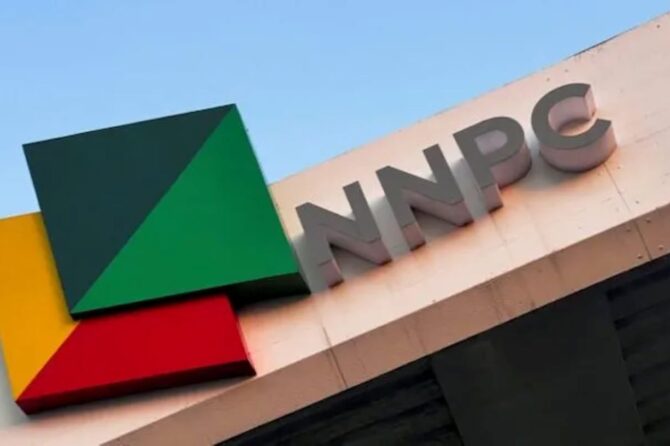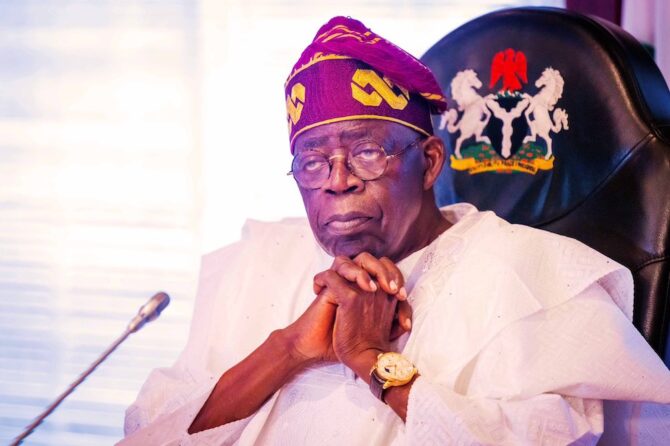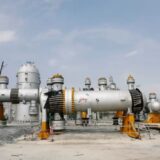Dangote Refinery has vehemently denied allegations circulating that it is selling Premium Motor Spirit (PMS), commonly known as petrol, at prices exceeding those of imported fuel. The company, a subsidiary of the Dangote Group, a Nigerian multinational industrial conglomerate founded by Africa’s richest man, Aliko Dangote, issued a statement on Saturday, November 2, 2024, categorically labelling the claims as “fake news”. This comes amidst a backdrop of volatile fuel prices and economic hardship in Nigeria, adding fuel to the fire of public anxieties surrounding the nation’s energy sector.
The controversy erupted after reports emerged on Friday suggesting that the Dangote Refinery was offering PMS at prices ranging between N1,015 and N1,028 per litre. Some oil marketers cited in these reports argued that importing fuel would be more economically viable, as the landing cost was estimated at N978.01 per litre on October 31, 2024.
Dangote Refinery, in its response, sought to quell the brewing storm. The company, via its X (formerly Twitter) handle, dismissed the circulating figures as fabricated and asserted that they were not engaged in any such pricing practices. This public denial underscores the sensitive nature of fuel pricing in Nigeria, where fluctuations can have significant social and political ramifications.
The Dangote Refinery, situated in the Lekki Free Zone near Lagos, began operations earlier this year and is projected to become one of Africa’s largest oil refineries. Its anticipated output has raised hopes of bolstering domestic fuel production in Nigeria, a nation heavily reliant on imports despite being a major crude oil producer.
The refinery’s entry into the market was expected to exert downward pressure on fuel prices and potentially diminish Nigeria’s dependence on foreign suppliers. However, the recent allegations, even if unsubstantiated, highlight the complexities and challenges inherent in reforming Nigeria’s energy sector. Public scepticism and distrust persist, fuelled by years of opaque practices and government subsidies that have often masked true market costs.
The government’s decision earlier this year to eliminate fuel subsidies, aimed at curbing expenses and attracting investment, has led to a sharp increase in petrol prices, exacerbating economic hardship for many Nigerians. This move, while economically sound in principle, has ignited social unrest and intensified scrutiny of fuel pricing mechanisms.
The Dangote Refinery’s refutation of the price allegations comes at a pivotal moment as the nation grapples with balancing economic imperatives with social welfare concerns. The government faces the daunting task of ensuring a stable and affordable fuel supply while fostering a transparent and competitive market environment.
The coming weeks are likely to witness heightened scrutiny of fuel prices and the role of major players like the Dangote Refinery in shaping the future of Nigeria’s energy landscape. As the nation transitions towards a more liberalised market, transparency and accountability will be paramount in building public trust and ensuring the long-term success of the much-needed energy sector reforms.

















